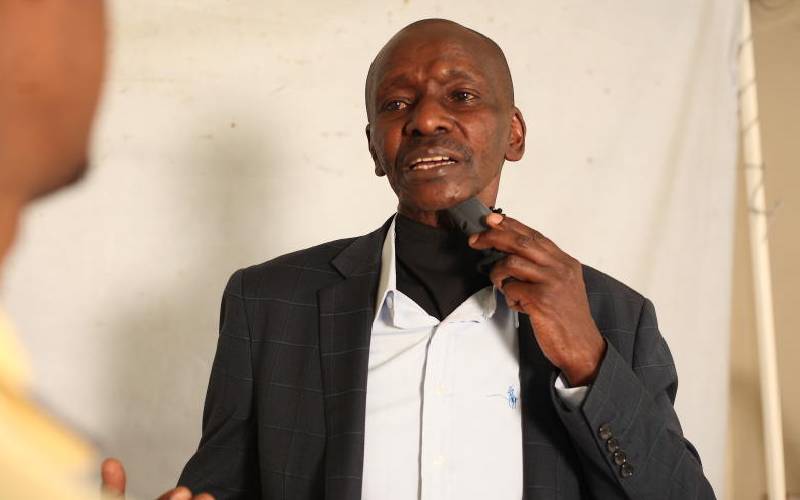×
The Standard e-Paper
Home To Bold Columnists

Robert Mwangi is a cancer survivor. He lost his voice box in a surgery meant to treat cancer of the larynx in 2010 and now uses an electronic voice box to speak. [Wilberforce Okwiri, Standard]
Cigarette packets today carry stomach-churning images to warn users about the side effects to one’s health. But that has not deterred 'coughers' from filling up city smoking zones. vonne Olando, a tobacco treatment specialist, explains that “when one is addicted, they become blind to any reality that opposes the addiction.”